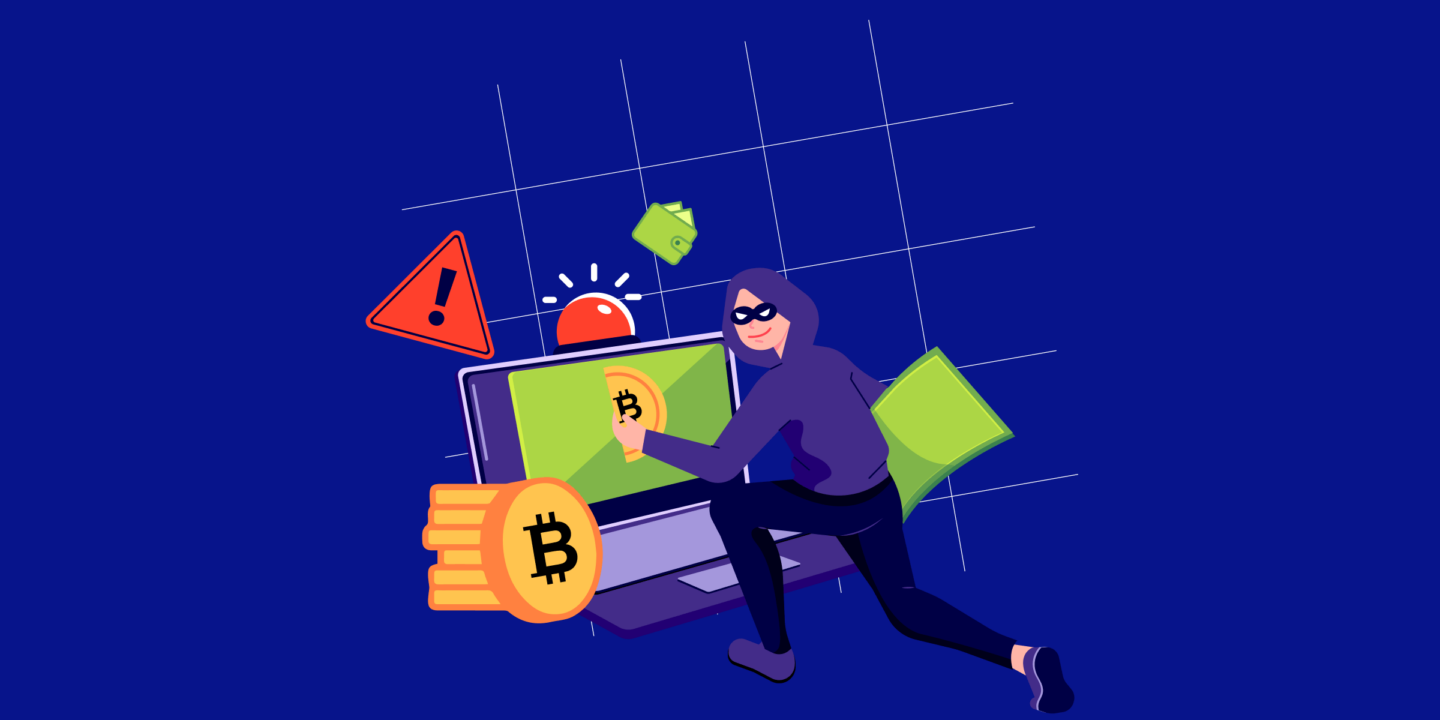
Millions of dollars worth of crypto have been lost to hackers. It can be a nightmare for the people going through it. And so the quote — prevention is better than cure — starts making all the more sense here. Needless to say, investors need to store their cryptocurrencies safely. But, like many other things in life, it’s easier said than done.
For most, buying cryptocurrency is easy, while holding it is difficult as it demands the right skill and knowledge. In this blog post, we’ll try and simplify this – for the benefit of everyone holding crypto.
Cold wallets (or hardware wallets) are not connected to the internet. Therefore, there is nil to very little likelihood of your cryptocurrency getting stolen/hacked. Storing your crypto in a cold wallet (also called a hardware wallet) is probably the most viable option. This is because they come encrypted, aligning with wallet security.
While making your cryptocurrency transactions, you should always use a secure internet connection. Avoid public Wi-Fi networks is probably the best place to start. When accessing your personal network, try to use a VPN for additional security.
There are no limitations for wallet creation for all practical purposes. So you can diversify your cryptocurrency holdings across multiple wallets. You can start using one wallet for your daily transactions and keep the rest in a separate wallet. This practice will help you mitigate your losses in any wallet breach.
It is vital to keep backing up your crypto wallet early and regularly. If your computer fails, the backed-up history can be your only source to recover the currency in the digital wallet. Ensure you back up all the wallet details and then store the backup. You can store your data across multiple locations such as a hard drive, USB, or CDs and set a password.
If you haven’t updated your computer software yet, make it a habit to update it frequently. If not your computer can be a soft target for hackers. So keep your software up to date, thereby increasing the safety of your cryptocurrency. Consistently update your mobile device or computer operating systems and software to make your cryptocurrency holdings safer.
Multi-signature verification, as a practice, has become prominent of late. It requires approval from several people to make the transaction, theoretically eliminating the threat of fraud. The people who can transact are decided in the beginning, and when anyone wishes to transact, it requires others in the group to approve the transaction.
Also read: Best Strategies to Manage Your Crypto Assets and Get Good Returns
Since the cryptocurrency industry is constantly changing, it is imperative that you stay on top of the game by constantly keeping updated. You, and only you, are responsible for protecting your digital funds by securing your wallets with the required safety precautions. In this game, there is nothing more important than to be informed of the market and surrounding things following best crypto safety practices, whatever choices you make.
You can store your cryptocurrency in a secured hot/cold wallet. Make sure your wallets are password protected and hard to crack in. You can even opt for paper wallets and keep them secure in a locker.
Yes, VPN adds a layer of security to your network while you browse the internet. VPN makes your original IP address and information harder to crack. This makes you less prone to cyber-attacks and keeps your crypto safer.
While it is safer to store your crypto in wallets than in exchanges, you must know that exchanges practice various safety measures to protect your crypto. But they are more prone to hacking, and if they get hacked, your crypto might be stolen.
Bitcoin transactions are pseudonymous, which means that even though the name of senders and receiver is not revealed, their addresses are recorded on the blockchain. And we can find out which address stole the Bitcoin. However, uncovering who is behind that address is difficult.